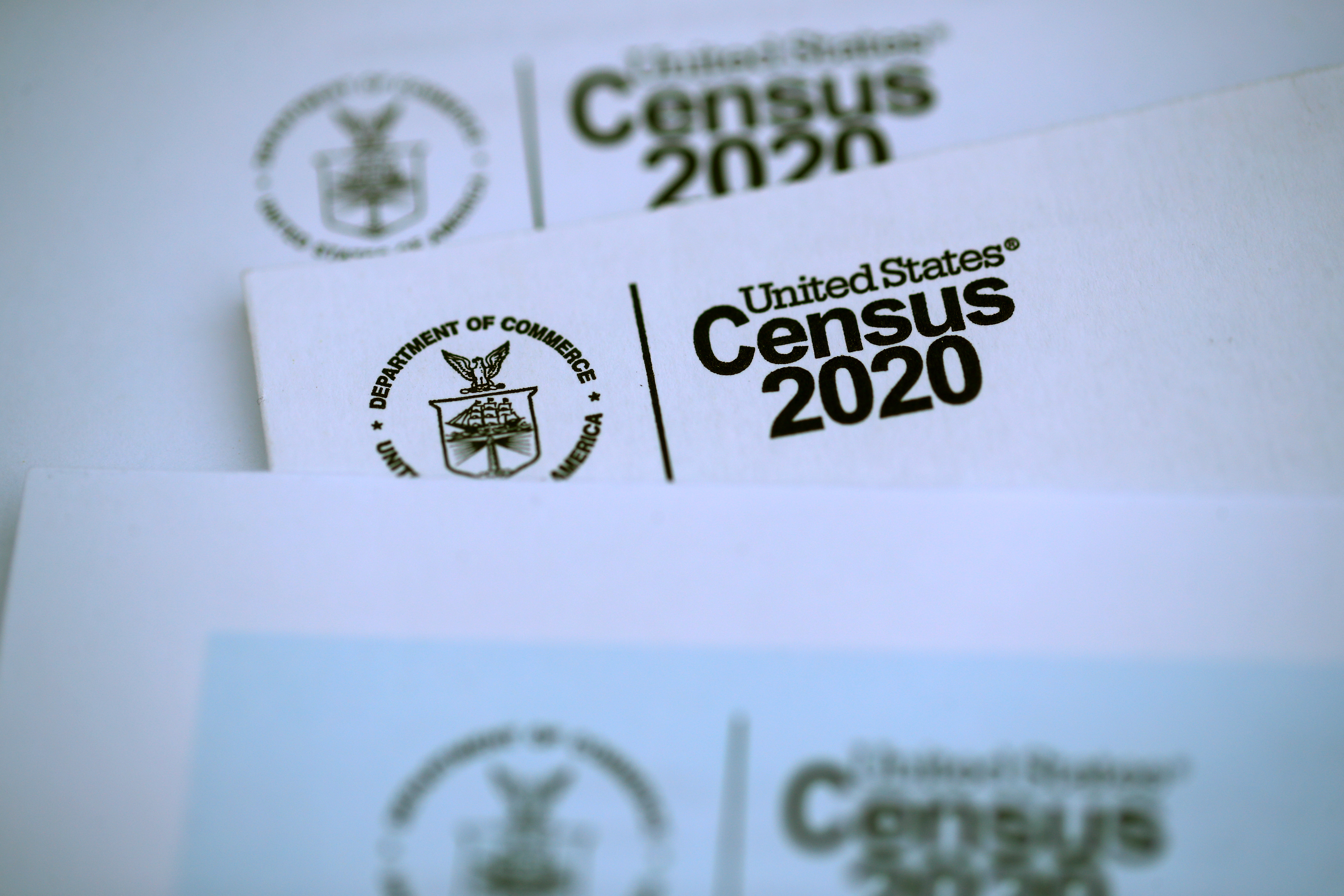
Rhode Island is enjoying a census surprise: The state's population grew enough for it to retain its two seats in Congress, according to U.S. Census Bureau figures released Monday.
The state's population increased by 4.3%, from about 1.05 million residents in the 2010 census to nearly 1.1 million in 2020, the agency reported.
Demographers and political experts have been warning for years that the nation's geographically smallest state would lose a seat in the U.S. House of Representatives as its population stagnated and other states grew.
Monday's results mean Rhode Island, at least for another decade, avoids a potential political showdown between U.S. Reps. David Cicilline and James Langevin, the state's two popular Democratic congressmembers.
Get Boston local news, weather forecasts, lifestyle and entertainment stories to your inbox. Sign up for NBC Boston’s newsletters.
"Today is a good day for Rhode Island, and I look forward to working shoulder-to-shoulder with Rep. Cicilline to crush this virus and get Rhode Islanders back to work," Langevin said.
Rhode Island's Secretary of State Nellie Gorbea said Monday's results were a "prime example" of why community advocacy matters.
"Not only has Rhode Island retained our representation in Congress and our four Electoral College votes -- we have also ensured our share of billions of dollars in federal funding each year," the Democrat said in a statement.
The state has 1,098,163 residents that count toward the congressional apportionment process, according to Monday's census data. That's an increase of nearly 43,000 residents from the 1,055,247 residents counted in the 2010 process.
Seats in the House are apportioned following a complicated formula based on each state's population as determined by the once-a-decade national census.
Rhode Island has had two seats in the House since the late 1700s, save for two decades in the early 20th century when it had three seats, according to The Providence Journal. The last time it had just a single seat was in the original Congress in 1789.
U.S. Commerce Secretary Gina Raimondo, a Democrat who served as Rhode Island's governor until last month, joined census officials for Monday's data release. "As a former governor, I know how critical census data is for our communities," she said in part.
More Census News
Monday's results also kick off the high stakes political redistricting process in states across the nation.
Common Cause Rhode Island, a government watchdog group, called on state lawmakers Monday to pass pending legislation that it said would create a "more transparent and inclusive process" for drawing the state's political boundaries.
"It is important that the redistricting process focus on the impact on communities, rather than partisan interests," the organization said in a statement.
Cicilline, a former Providence mayor, was first elected in 2010. He's one of just a handful of openly gay members of Congress and is considered a rising star in the Democratic Party.
The 59-year-old former defense lawyer was among the House Democrats who led the second impeachment trial of former President Donald Trump earlier this year. His 1st Congressional District represents a relatively diverse, liberal swath of the state, including most of Providence and the northern and eastern communities.
Langevin, who was first elected in 2000, is the first quadriplegic to serve in Congress.
The 57-year-old has been a leader on cybersecurity issues as a founder of the House Cybersecurity Caucus. He was paralyzed as a teen in a shooting accident during a Boy Scouts program at a local police station.
Langevin's 2nd Congressional District covers the southern and western parts of the state, which are comparatively more conservative and rural.



